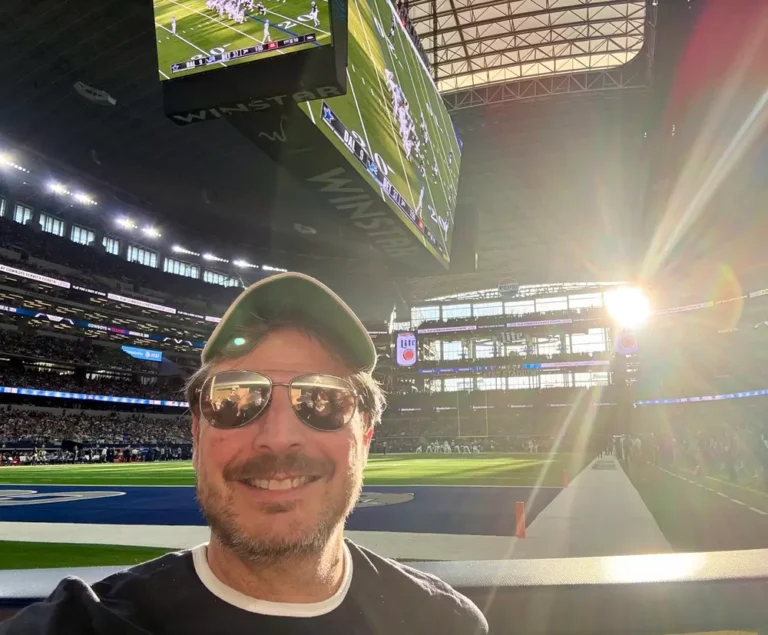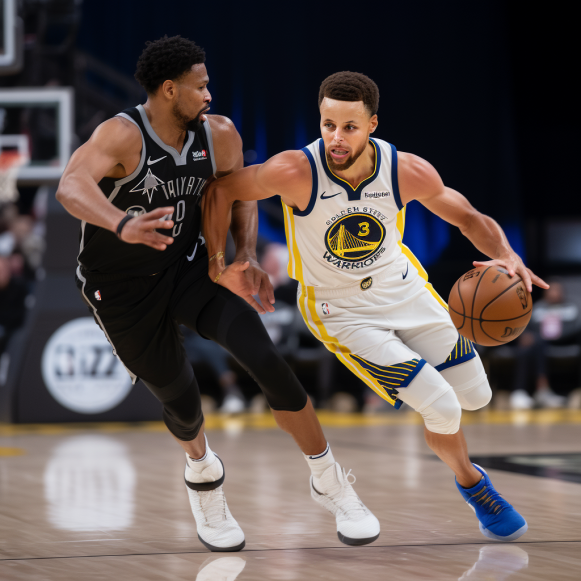How the Michigan scandal could impact Pac-12 football, and what it says about the future of the sport
The ramifications may be felt across the country this season and for many years to come.
The Michigan sign-stealing scandal is unfolding thousands of miles away from the Pac-12 footprint and is simple for fans to follow on a cursory basis, despite its unprecedented scope and detail.
After all, the conference’s only known connection to the spy ring is minor: Connor Stalions, Michigan’s suspended analyst, purchased tickets to last season’s Oregon-Washington game in Eugene. (He then gave the seats on the visiting side of the stadium to someone else.)
While the Big Ten is in disarray and NCAA investigators are in Ann Arbor, the Pac-12 must secure a playoff berth, win the Heisman Trophy, resolve a legal battle, and make transition plans.
Stakeholders have no reason to be concerned about the actions of a disgraced analyst for another conference’s football team.
Is the Michigan saga worth more than a cursory glance at the headlines?
The Hotline is here to provide a different perspective: There is a chance — more than one chance — that the scandal will have a significant impact on the West Coast.
There is a chance of collateral damage. As are the associated advantages. So, should we go down the Wolverine wormhole and count the ways?
(Of course, there is a larger point to be made.)
— The most pressing issue is Michigan’s standing as a Big Ten title contender and College Football Playoff contender. Because conference championships are so important in the CFP selection process, those two pursuits are inextricably linked.
The NCAA’s investigation into sign theft is expected to take months — shocking! — but the Big Ten could take action before the conference championship game on Dec. 2 by citing its sportsmanship policy.
What if the Wolverines are barred from attending the event, jeopardizing their CFP candidacy? What if their victories are called into question? What happens if a team that is otherwise deserving of a CFP bid is left out of the running?
The impact on the Pac-12, which includes two Pac-12 contenders in Washington and Oregon, is obvious.
However, the consequences in the West do not end there.
— Assume the NCAA finds enough evidence to charge the Wolverines with violating NCAA rules. The sanctions could hurt Michigan’s competitiveness in 2024, potentially opening up a path through the Big Ten — and into the expanded College Football Playoff — for the four West Coast teams set to join the league next summer: USC, UCLA, Washington, and Oregon.
— What if the scandal forces Michigan coach Jim Harbaugh to leave for the NFL, either because the university forces him out or because he decides life at his alma mater is simply too difficult? The Raiders have an opening, in case you missed it, and Harbaugh owes his coaching career to the team. (In 2002, Al Davis hired Harbaugh as his first full-time coach.)
— If Michigan holds a coaching search, Kalen DeBoer of Washington State would almost certainly be near the top of the list. DeBoer is a South Dakota native who previously coached at Eastern Michigan and is paid $4.2 million per season in Seattle. Without blinking, the Wolverines could easily double his salary. Will the Huskies agree to play? Or would DeBoer seize the opportunity to return to his roots in the Midwest?
— Let us descend further into the wormhole. What if Harbaugh leaves Michigan and is followed to the NFL by junior quarterback J.J. McCarthy? In 2024, the Wolverines would suddenly need a starter. We’re wondering if Dante Moore at UCLA would be interested. In Westwood, the former five-star recruit has been demoted, but he is from Detroit and was offered a scholarship by the Wolverines when he was in seventh grade. The transfer portal would make it easier to return home.
— If that isn’t enough, consider this: What if the scandal forces Harbaugh to leave Michigan for the NFL, prompting DeBoer to return to Michigan? The Huskies would need a coach and might consider looking a few hours down I-5, to Corvallis. Chris Petersen, who was the offensive coordinator at Boise State before moving on to Washington for four years, taught Jonathan Smith of Oregon State the game. A job in Seattle would be appealing even to an OSU alumnus.
Let us now be completely clear and transparent. Although each of the above scenarios makes sense on its own (why wouldn’t Michigan consider DeBoer or Moore? ), this exercise is purely speculative.
For all we know, the scandal will pass with no competitive consequences for Michigan, no departure of Harbaugh from Ann Arbor, and no material consequences for West Coast schools.
The Big Ten developments, however, serve as a gateway to our larger point, which applies not only to this season but also to the post-Pac-12 world: the conference’s independence is rapidly fading.
Combine every factor that influences major college football… from name, image, and likeness to the transfer portal and changes in the sports-media landscape… From legal challenges to the NCAA to internal constitutional amendments… From the Power Five realignment to the expansion of the CFP… When all of these factors are considered together, it is clear that the sport has become increasingly interconnected.
A coaching change at one school has an impact on quarterback depth at another.
A media agreement signed by one league affects the market value of another.
A playoff contender’s loss changes the outlook for another playoff contender.
A lawsuit filed against the NCAA in one state affects the rules that govern all states.
A sign-stealing scandal in one conference has an impact on schools in another.
The Pac-12 will cease to exist, at least in recognizable form, next summer. However, as the schools separate and navigate difficult transitions, the forces governing the sport will push back — Newton’s third law, tweaked for realignment — and keep them forever intertwined.
When the 2024 season begins, four power conferences will be competing within the framework of one glorious, fascinating, unavoidable mess.





